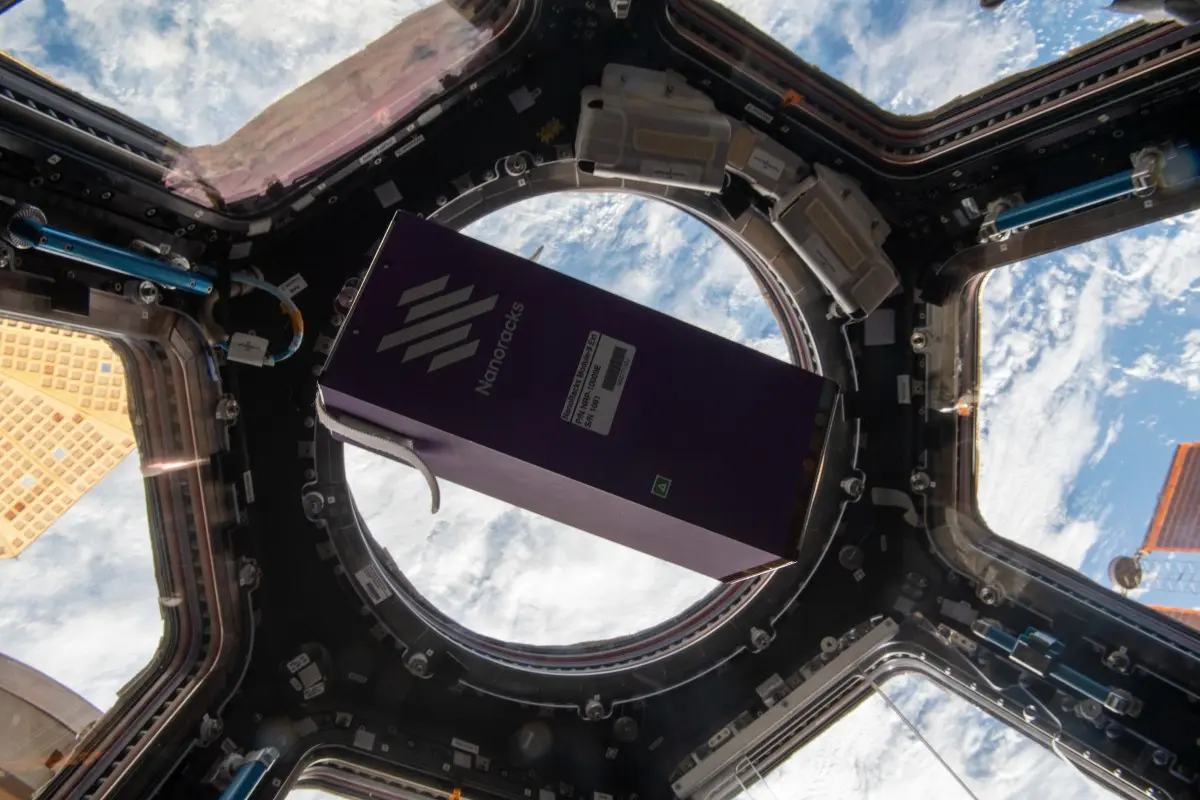
Do you want to access to this and other private contents?
Log in if you are a subscriber or click here to request service
Seeds in Space: A Hope for Sustainability
The first phase of the joint FAO-AIEA experiment will end in early April, with the return of the shuttle

There is great expectation and hope around the agrarian-space experiment conducted by the Food and Agriculture Organization of the United Nations (FAO) and the International Atomic Energy Agency (IAEA). In fact, the shuttle with the seeds sent into space four months ago should return by early April. "The ground-breaking experiment aims to develop new crops that can adapt to climate change and help...
lml - 30359
EFA News - European Food Agency
◄ Previous page
EFA News - European Food Agency